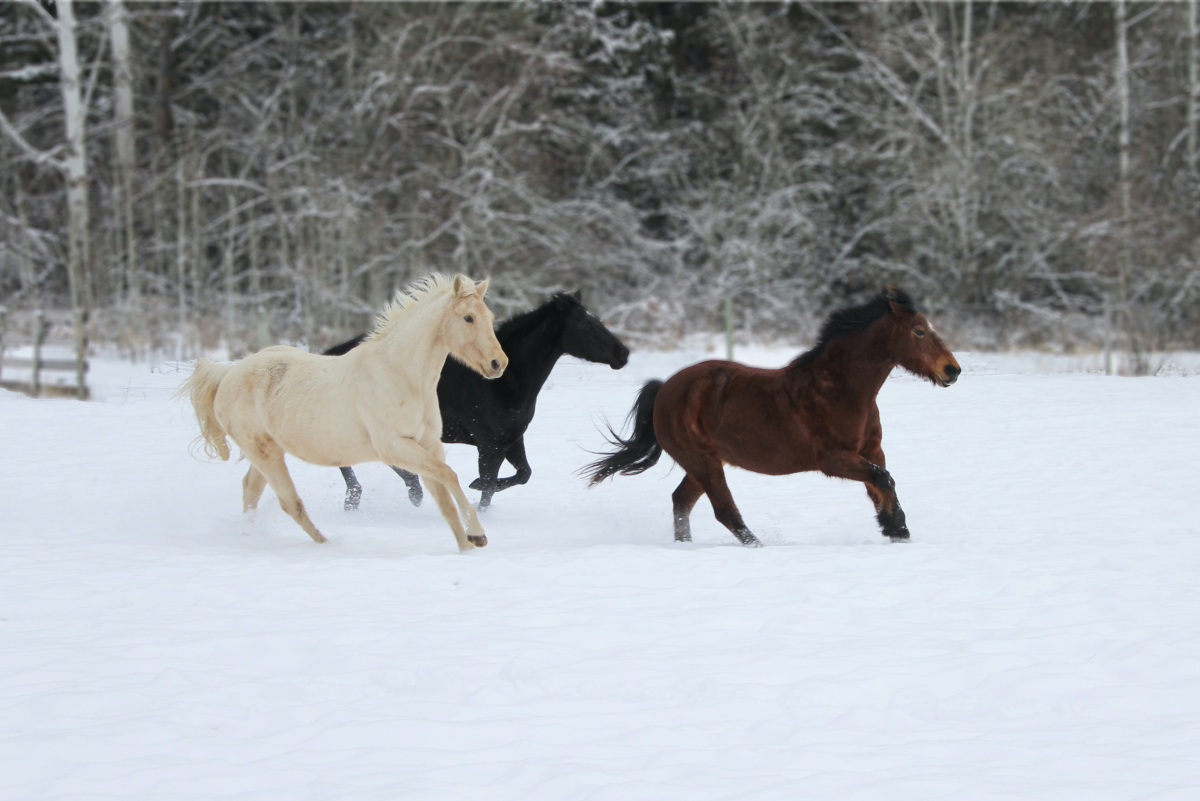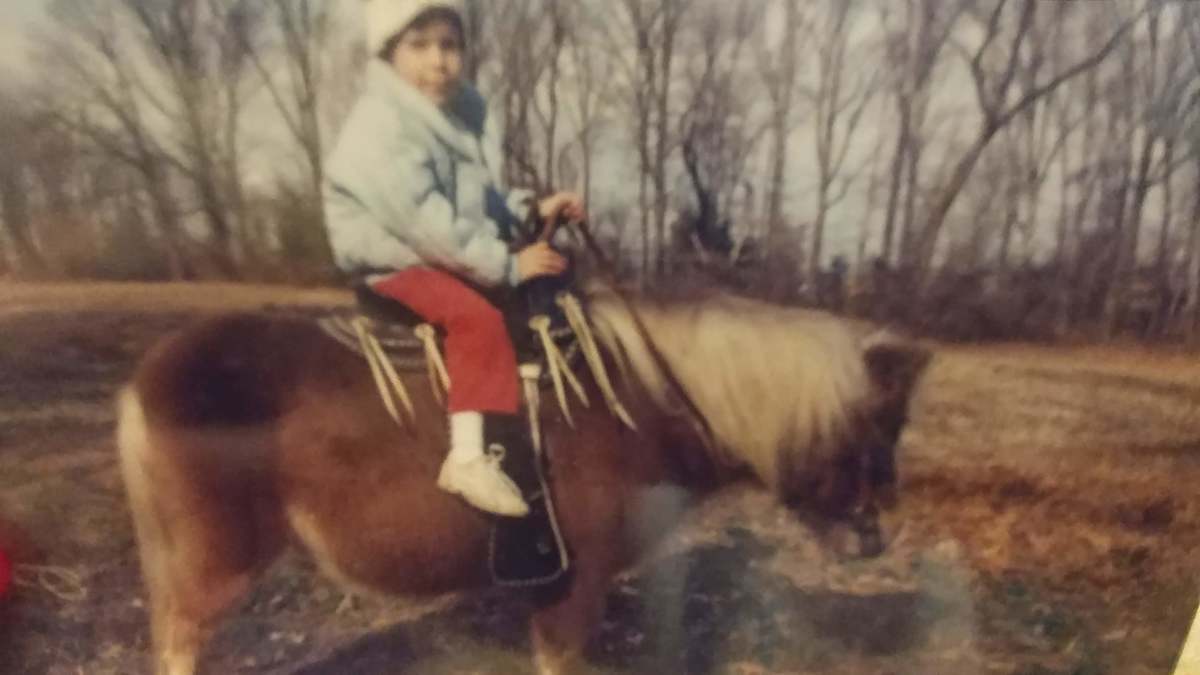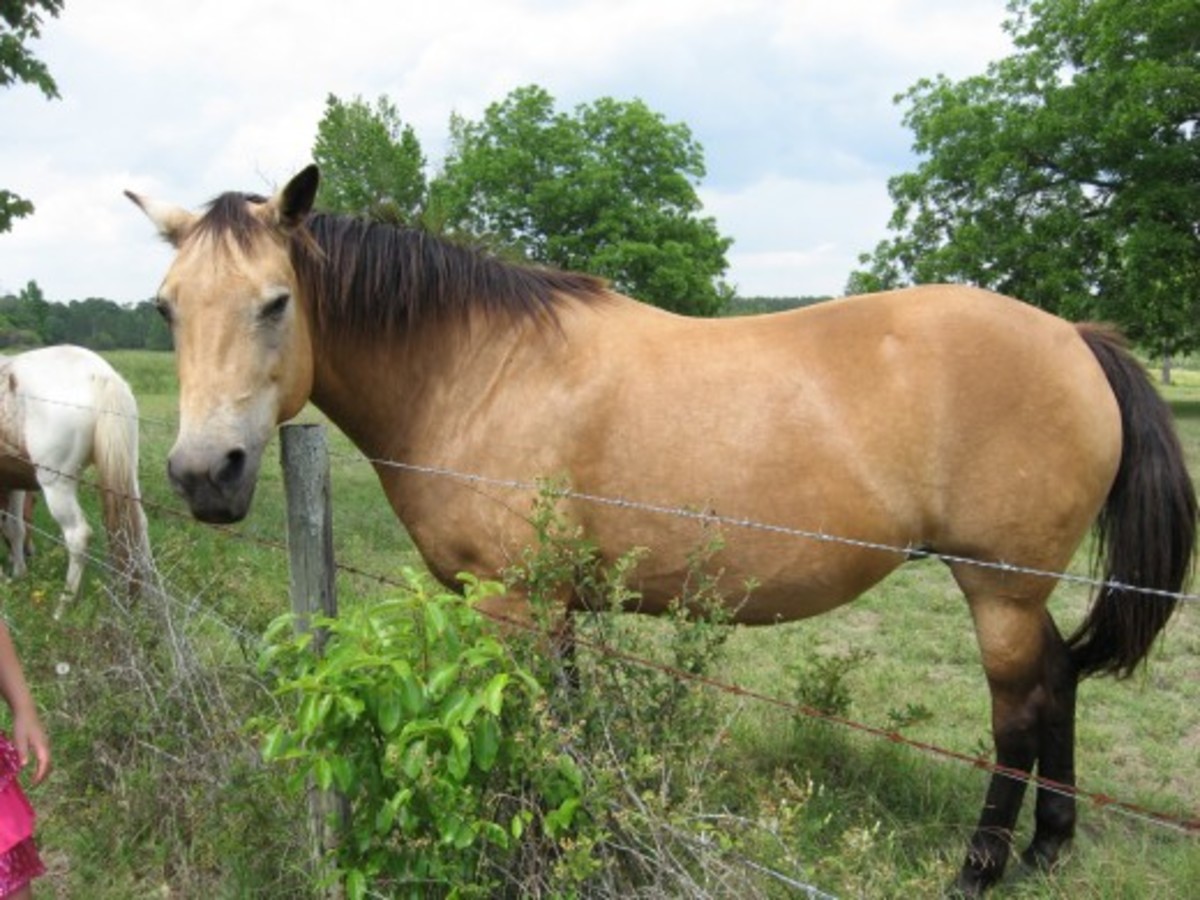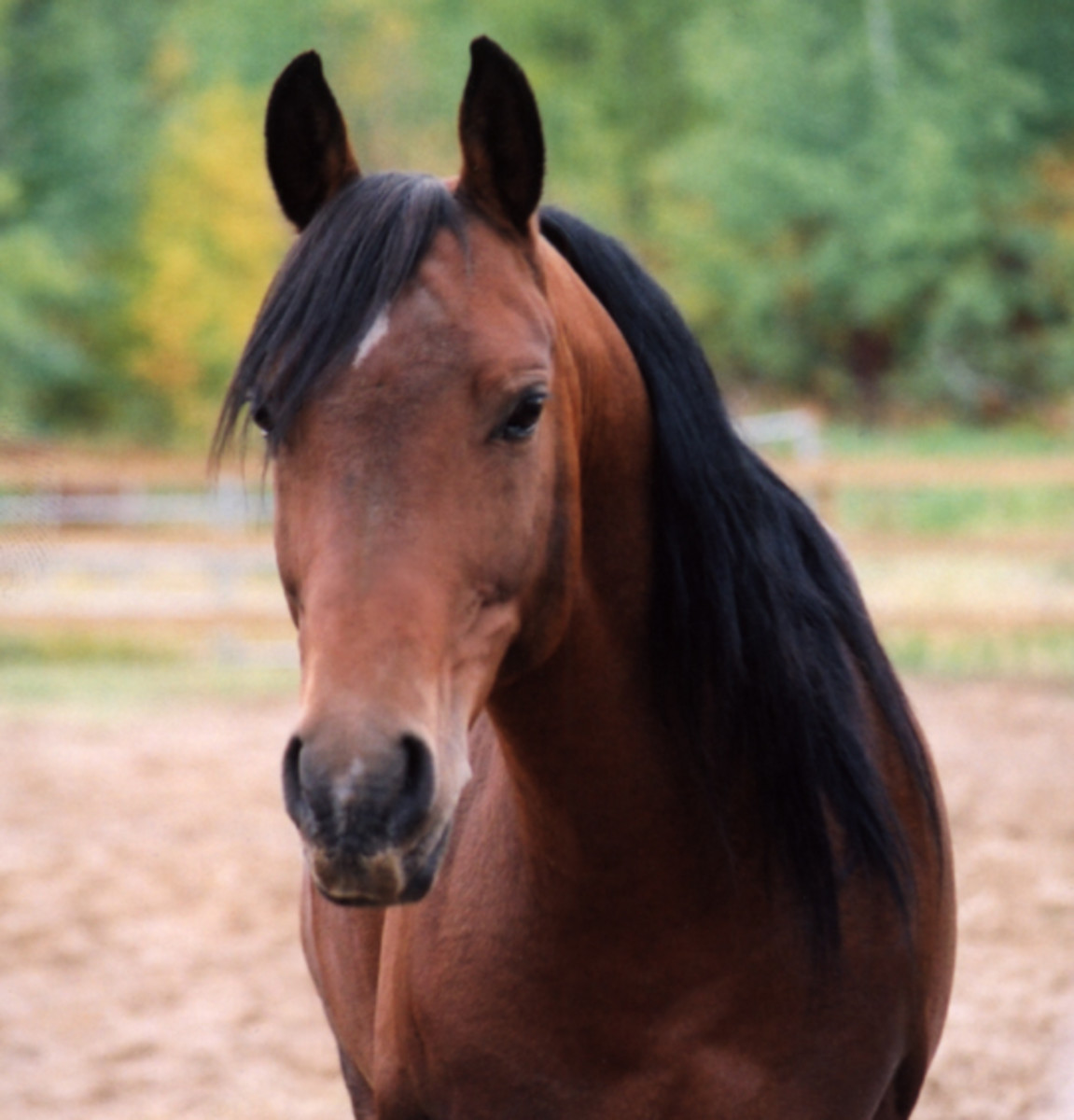Equine Herpesvirus EHV-1
In 2012 an urgent news release was forwarded by cooperative extension office from Dr. Tom Ray, who is director of livestock health programs NCDA&CS Veterinary Division, warned that the neurologic form of the virus EHV-1 has been diagnosed in a horse at a NC stable in Rockingham County.
This virus has reached endemic status in the United States and in most cases the States involved handle the management. USDA will be involved in cases that deal with multiple States or horses that have crossed State lines. The initial outbreak of EHV/EHM stemmed from attendance during the NCHA Western National Championship in Ogden, Utah, April 29 through May 8. It spread from there to several states and Western Canada.
The NC infected horse was sent to the College of Veterinary Medicine at NC State University and quarantined as soon as its illness was apparent. It is the first case diagnosed in the state. State veterinarian, David Marshall stated that the stable and College of Veterinary Medicine “are working together to implement biosecurity measures and minimize the risk of further spread.”
For Horse Owners: Equine Herpes Virus
What is Equine Herpes Virus?
According to USDA APHIS website the disease can cause respiratory disease in horses as well as abortion in mares and/or neurologic disease, which the NC horse was showing. It can also cause death in newborn foals.
The disease is highly contagious to horses, It can spread through the air, clothing and hands, horse trailers, grooming tools, water and feed buckets, and tack. Biosecurity measures to protect your horse from the virus are quarantining stables that have horses suspected of being exposed to the virus. Disinfect water and feed buckets and be sure they are not shared among horses. Clean and disinfect stalls and trailers regularly. Horses coming home from shows or other events should be isolated from the other horses for at least three weeks. Discuss vaccinating your horses for the virus with your vet.
All horses have been exposed to Equine Herpes Viruses at some time in their lives and usually show no ill effects. Equine herpesvirus myeloencephalopathy (EHM) is another name for the neurologic disease associated with equine herpesvirus (EHV) infections. This is the form that is most deadly. It is thought to be a mutation of EHV-1 and more horses are dying world-wide from this form of the virus.
Symptoms include fever, cough, nasal discharge, enlarged lymph nodes. In the case of EHM after the fever things go bad fast with hind limb weakness, loss of tail tone, lethargy, urine dribble, head tilt and wall leaning to keep balance. A blood test will confirm if a horse has the virus.
How to Treat EHV and EHM
Treatment includes anti-inflammatory drugs and good support care. If the horse is not able to stand a sling made be used to keep him on his feet. It is important that urination be monitored as inability to urinate can cause bladder rupture. The milder the symptoms the better the outcome is for the horse. Any unexplained fever in the horse should be reported to your vet right away as this is the first sign of EHV.
Vaccines are available to protect horses from some forms of EHV-1. Unfortunately the vaccines do not protect against the neurological form. There is some discussion on whether vaccinating is advisable.
This article is accurate and true to the best of the author’s knowledge. It is not meant to substitute for diagnosis, prognosis, treatment, prescription, or formal and individualized advice from a veterinary medical professional. Animals exhibiting signs and symptoms of distress should be seen by a veterinarian immediately.
© 2012 Donna Campbell Smith








